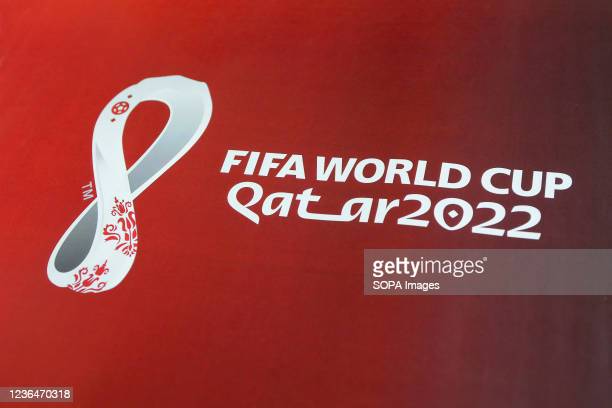The order to move the beer tents was sent from the top echelons of the Qatari state; there would be no debate on the subject.
The new directive for the Qatar World Cup is to keep the beer hidden
Only with a few days until the World Cup’s opening game, Qatari organisers have been scrambling recently to move Budweiser-branded beer depots at eight stadiums in response to an unexpected request that three people who are aware of the late alteration said had come from within country’s royal family.
Due to their lack of authorization to divulge private tournament planning information, the individuals talked on the condition of anonymity. However, a statement from World Cup organisers seemed to confirm the alterations. Eight days before the opening match of the competition, Budweiser claimed that it was only Saturday that it was made aware of the new strategy.
The choice to relocate the beer kiosks appears to have been made out of fear that the heavy use of alcohol at stadiums during the month-long World Cup would disturb the local populace and pose a potential security risk. But it also brought to light a topic that has dogged the preparations for the first World Cup in the Arab region and is anticipated to be divisive during the competition in Qatar, a devout Muslim nation where alcohol availability is strictly regulated.
Since FIFA, soccer’s international governing body, granted Qatar the hosting rights in December 2010, tournament organisers have struggled to strike a balance between their commitments to sell alcohol and accommodate. One of FIFA’s major sponsors, Budweiser, is concerned about offending or losing a local audience that has expressed displeasure over some of the societal incompatibilities associated with bringing a typically beer-heavy tournament to their nation.
Although it is not illegal to drink alcohol in Qatar, most tourists may only buy it at bars located in approved hotels. After years of deliberation, FIFA and Qatari authorities decided that the sale of alcoholic drinks would be allowed within a security zone outside venues but not within the stadium bowls itself for the World Cup, where beer has been served freely for decades.
Even still, actions that restrict Budweiser’s capacity to advertise itself or market its goods might exacerbate FIFA’s relationship with a significant ally, not to mention the contractual arrangement between the brewer, the regulatory organisation, and the Qatar World Cup organisers.
Every four years, Budweiser spends around $75 million to be associated with the World Cup. The World Cup in Qatar, however, has created unexpected challenges and resulted in continuous disputes between the corporation and FIFA over matters like deciding on sales locations in Qatar and arranging supply routes into the nation.
In addition to receiving exclusive sales rights from FIFA, Budweiser is also obligated to supply copious amounts of alcohol to FIFA’s associates and hospitality visitors.

